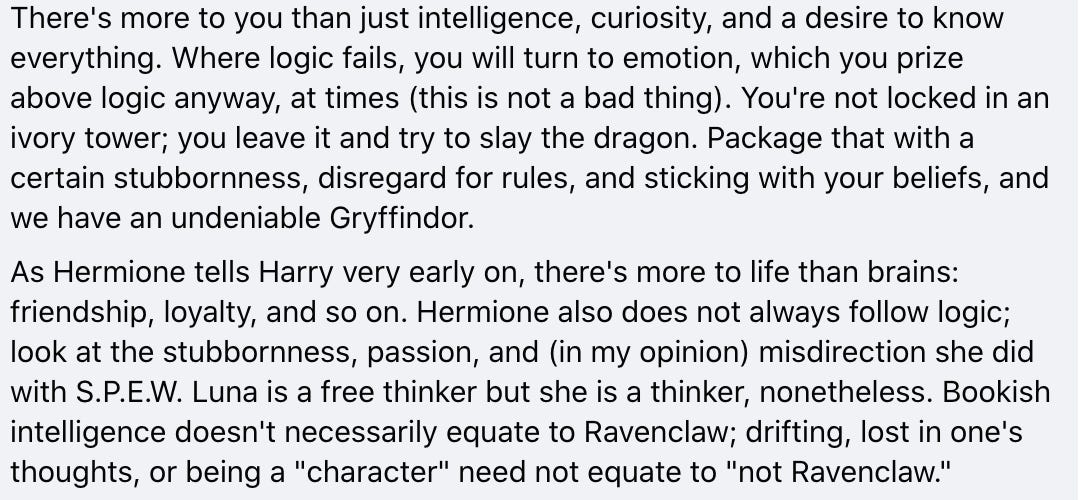I have a favorite kind of character.
This isn’t surprising. Most of you already know this about me.
My favorite character is wounded or damaged in some way. Life has hurt them. But they are also strong. And their strength is epitomized when they step up, rising to a challenge they did not expect, doing the thing that requires superhuman effort, that hurts them, that kills them. But they do it because they believe in something greater than themselves. They believe in God. Or the cause. A mission. That something they are doing is making or will make a difference. Usually, they sacrifice for the sake of what they believe. They are willing to give up everything for it.
So my favorite characters are Belle and the Beast from ‘Beauty and the Beast,’ Frodo from ‘Lord of the Rings,’ McMurphy from ‘One Flew Over the Cuckoo’s Nest,’ and Erik from ‘The Phantom of the Opera.’ They all do something unimaginable.
So does Judah.
ויגש יהודה, this parsha begins. And Judah came close.
What did he come close to?
To Joseph, of course, though he did not know to whom he spoke. But it was more than that. He came close to something else - to his own doom.
Because Judah was about to argue for something unthinkable. He, the one who had once coldly calculated the profit or lack thereof in selling a brother, was about to barter his own life, his own freedom, for the son of the woman who was his mother’s rival.
There are reasons for this. He had sworn to his father that he would do it. He had risked, according to Rashi, his Olam HaBa, his share in the World to Come, for this. But at the moment of truth, he could have balked. Once again, he and his brothers could have returned, told carefully worded truths, and allowed their father to assume the worst. His father would have been angry. Judah would have lost his trust, would stand guilty before him forever, might even have lost his portion in the World to Come. But the choice was still there.
Judah doesn’t make that choice. Judah steps up.
It is the stunning story of a man reformed, a man willing to risk himself for the brother of a man he hated, for the son of a woman who made his mother suffer.
A man who is taking on a man who is “like Pharaoh” (Genesis 44:18). To Judah’s mind, this viceroy is royal, capricious and cruel. Even if he grants Judah’s request, there is no telling what Judah is signing over when he pleads with the man to “please let your servant remain as a slave to my lord instead of the boy, and let the boy go back with his brothers” (Genesis 44:33).
Judah does it anyway.
And in so doing, he joins a long list of people I admire.
My favorite character in Tanakh is Saul. I identify with him. Insecure, anxious and worried, when some don’t accept him he goes back home and follows his cattle about like a regular person. But then there is a moment when his fellow Jews are in desperate trouble and suddenly Saul realizes he needs to act. He cannot allow his fellows to be slaughtered, or to head like sheep to the slaughter, kowtowing to the Amorites, lining up in order to have their eyes gouged out. This is the moment that Saul shines- the moment that proves that he has the potential within himself to lead and to be successful. The rest of his story proves tragic, but that’s part of why I love it. This is a man gifted with prophecy and a compulsion to be close to God- who cannot give up what he once did not even want to accept. Melancholy, shrouded in darkness, when he finds the light that leads him out he eventually discovers that very person is the one destined to take everything from him…
But these are also the heroes in books.
Judah is Belle, stepping up to take her father’s place in the Beast’s castle.
He is the Beast, letting Belle go despite his personal anguish.
He is McMurphy, persevering even when he realizes Nurse Ratched will never let him win.
He is Frodo, speaking the iconic words, “I will take the ring, though I do not know the way.”
He is Erik, kissing Christine and letting her return to Raoul.
He steps up because the need is great. The stakes are high. And he cannot do otherwise. Either he has learned to love his brother, or at the very least he loves his father.
My friends once discussed whether I’m more of a Gryffindor or a Ravenclaw. There was some debate. My best friend explained I’m a Gryffindor, and he based it on this attribute of mine-the one that feels we must act, are called to act, and need to save people if we can. If there was one poem that described my life it would be Edgar Allan Poe’s ‘A Dream Within a Dream.’ All through my life, the cry that has sounded in my mind is ‘O God! Can I not grasp/ Them with a tighter clasp/ O’ God! Can I not save/ One from the pitiless wave?’ And that’s what leads a person to become a starfish thrower.
Here’s what my friend said, which remains one of the nicest things anyone has ever said about me:
“You’re not locked in an ivory tower; you leave it and try to slay the dragon.”
Words to live by- words to aspire to.



